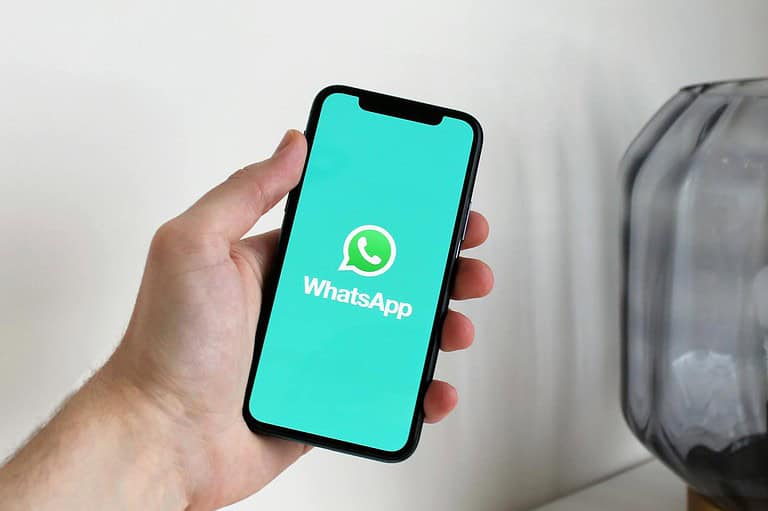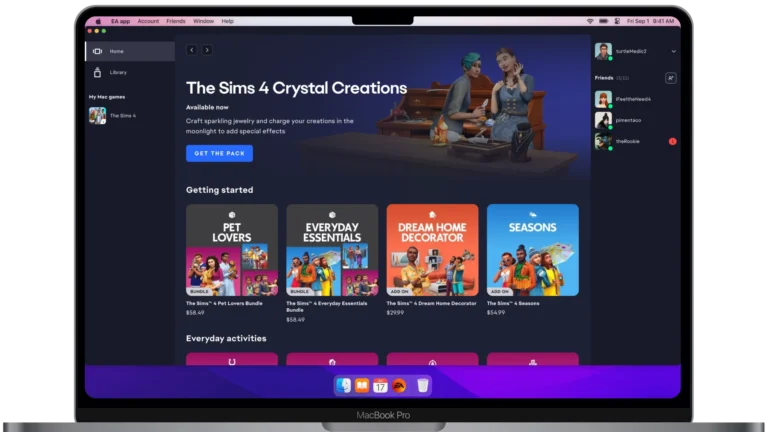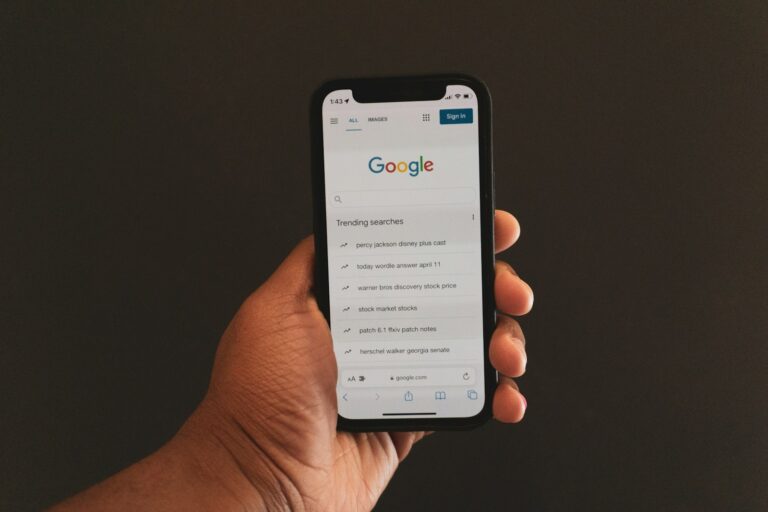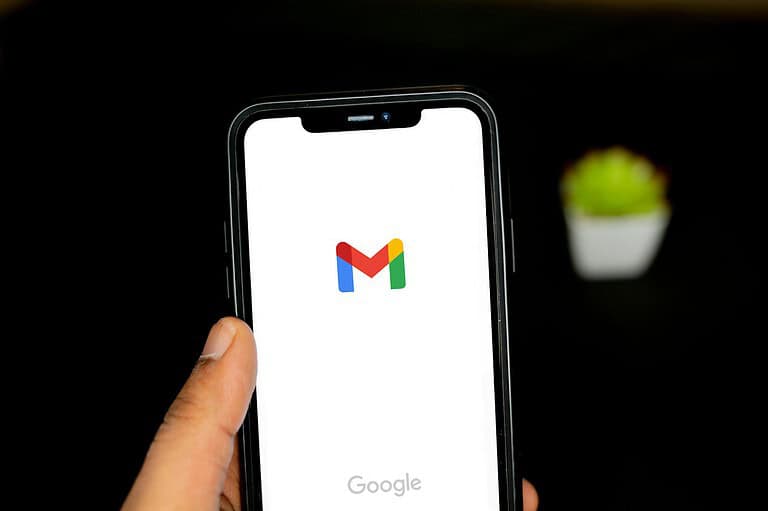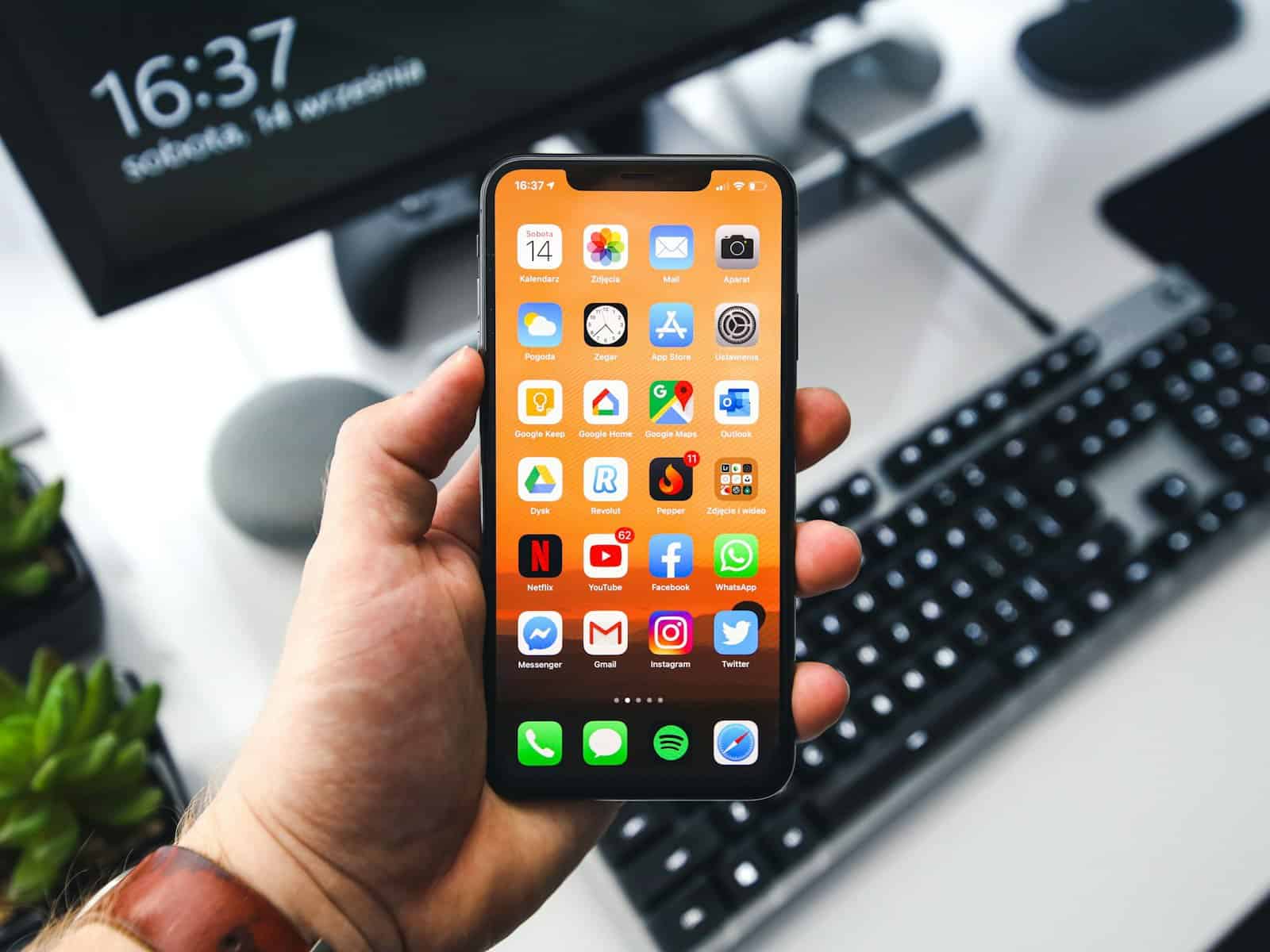
Many iPhone users wonder if they need virus protection for their devices. Apple’s iOS is designed with security in mind, but additional protection can provide peace of mind in today’s digital world. You can enhance your iPhone’s security with several antivirus options available in 2026, both free and paid.
The best iPhone antivirus solutions do more than just scan for malware. They often include features like identity theft protection, secure VPN services, and privacy tools that help safeguard your personal information. These security apps can be especially helpful if you frequently connect to public Wi-Fi networks or download apps from various sources.
1: Norton Mobile Security
Many iPhone users wonder if their devices need protection against viruses and other threats. The answer is yes – iPhones can get viruses, making security protection worth considering.
Norton Mobile Security offers specialized protection designed for your iPhone and iPad. It includes features to help safeguard your device against online threats while you browse, shop, or bank online.
The app provides Wi-Fi security features that can alert you to potentially risky networks before you connect. This helps protect your personal information when you’re using public Wi-Fi at places like coffee shops or airports.
Norton Mobile Security is part of the broader Norton 360 for Mobile suite, which combines antivirus and security features specifically tailored for mobile devices. These tools work to protect against various threats including malware, spyware, and ransomware.
Your iPhone contains personal data like photos, banking information, and private messages. Norton’s security tools aim to add an extra layer of protection to keep this information safe from hackers and scammers.
While Apple’s iOS provides built-in security, Norton Mobile Security supplements these measures with additional protection. The app is available through the App Store where you can find more details about specific features and user reviews.
2: Bitdefender Mobile Security for iOS
Bitdefender Mobile Security for iOS is a free app that helps keep your iPhone safe from online threats. The app is specifically designed to protect your sensitive data while using minimal system resources.
When you install Bitdefender, you get powerful protection against various cyber threats. The app focuses on security features that work within iOS’s sandbox environment.
One notable aspect is that Bitdefender requires iOS 12.0 or later to function properly on your device. This ensures compatibility with most iPhones currently in use.
The interface is straightforward and user-friendly. You won’t need technical expertise to set up and use the security features effectively.
Bitdefender includes a VPN service that gives you more daily data allowance than some competitors. This helps you browse safely on public Wi-Fi networks where your data might be vulnerable.
However, some reviews note that Bitdefender is somewhat limited in features compared to its Android counterpart. This is largely due to Apple’s restrictions on third-party security apps.
It’s worth mentioning that some users question whether antivirus apps are necessary for iPhones. iOS has built-in security measures that already provide significant protection.
You can download Bitdefender Mobile Security directly from the App Store and try its basic features before deciding if premium options are right for you.
3: TotalAV Mobile Security
TotalAV offers security solutions for your iPhone through its iOS app. The application helps protect you from various online threats while using your mobile device.
The TotalAV app for iPhone includes dangerous website blocking to help keep you safe from harmful sites that might try to steal your information. This feature works as you browse the web on your phone.
A VPN is included with TotalAV, providing protection when you connect to public Wi-Fi networks. This helps encrypt your data and keeps your browsing private from potential snoopers on shared networks.
TotalAV also offers data breach monitoring to alert you if your personal information appears in known data leaks. This feature can help you take quick action if your accounts are compromised.
The app includes a QR code security scanner that checks QR codes before you open them. This helps prevent you from accessing malicious links through scanned codes.
You’ll receive system security and update alerts to keep your device’s software current. Keeping iOS updated is an important part of maintaining your iPhone’s security.
It’s worth noting that some experts suggest that third-party antivirus apps have limited usefulness on iPhones. Apple’s built-in security features already block most threats, and iOS restricts what security apps can access.
4: Malwarebytes Mobile Security
Malwarebytes offers robust security for your iPhone that goes beyond basic protection. Their Mobile Security app provides several key features to keep your device safe from various threats.
One standout feature is the phishing protection system. This tool blocks dangerous websites and malicious links before they can harm your iPhone. When browsing the web, this protection works silently in the background to keep you safe.
The app also includes an effective ad blocker for Safari. This eliminates annoying pop-ups and trackers that follow you around the internet. Your browsing experience becomes cleaner and faster without these interruptions.
If you receive a lot of spam calls and texts, you’ll appreciate Malwarebytes’ filtering capabilities. The app scans for robocalls and detects fake texts that might contain scams or phishing attempts.
You can download Malwarebytes as part of your overall virus protection strategy. It’s designed to work alongside other security measures on your iPhone.
Installation is straightforward. The free version offers basic protection, while premium options unlock additional features. The interface is user-friendly, making it easy to set up protection without technical knowledge.
Malwarebytes updates regularly to address new threats. This ensures your protection remains current against emerging security risks that target iPhone users.
5: Sophos Intercept X for Mobile
Sophos Intercept X for Mobile offers free security tools for your iOS device. This app helps keep your iPhone protected while you work and browse.
The iOS version focuses on different security aspects than its Android counterpart. It’s important to note that due to iOS restrictions, the app cannot scan for malware outside its sandbox like Android versions can.
Instead, Sophos Intercept X for iOS provides network and application security features. It can help you identify important operating system updates that need your attention.
The app includes several useful security tools specifically designed for iOS devices. You can use it to enhance your protection while working on both your iPhone and iPad.
Sophos has performed well in third-party testing, showing strong protection against advanced attacks. This makes it a reliable option for your iOS security needs.
The app is completely free to use. This makes it an accessible option if you’re looking to add an extra layer of security to your iPhone without additional costs.
When comparing mobile security solutions, remember that Sophos Intercept X is available for both iOS and Android users. This consistency can be helpful if you use multiple device types.
6: AVG Mobile Security
AVG Mobile Security offers a free antivirus app for your iPhone and iPad. The app helps protect your device against malware and keeps your data secure when you’re using public Wi-Fi networks.
One of the main features of AVG Mobile Security is its Wi-Fi scanner. This tool checks for vulnerabilities in any network you connect to, helping you browse safely on public Wi-Fi with your privacy secured.
The app also includes a photo vault feature that lets you securely store your private photos. This gives you an extra layer of protection for sensitive images you don’t want others to access.
While AVG is a well-known name in cybersecurity, some users note that the protection it provides for iOS devices is somewhat limited. According to reviews, it’s considered a decent but not exceptional antivirus app for iPhones.
The AVG Mobile Security app focuses primarily on privacy protection rather than traditional antivirus scanning. This makes sense given iOS’s built-in security features.
You can download AVG Mobile Security directly from the App Store. The basic version is free, with premium options available if you want additional features.
If you’re looking for general device protection, AVG also offers security and performance features for multiple devices, allowing you to protect all your technology under one account.
7: McAfee Mobile Security
McAfee offers comprehensive security solutions for your iPhone. The McAfee Security app combines several protective features in one package to help keep your digital life secure.
The app includes identity protection tools to guard your personal information. You can also access unlimited VPN service which helps keep your browsing private when using public Wi-Fi networks.
While iPhones are generally more secure than Android devices, they still face threats. McAfee’s security tools help protect against data breaches and other potential vulnerabilities that could compromise your information.
The McAfee Security app for iOS focuses on privacy protection rather than traditional antivirus scanning. This approach makes sense for the iPhone’s architecture, which restricts how apps can interact with the system.
If you’re a T-Mobile customer, there’s a specific version of McAfee Security available to you. This version allows you to secure multiple devices including your iPhone, iPad, Mac, and PC.
McAfee’s all-in-one approach means you can manage security across your devices from a single account. This convenience helps you maintain consistent protection across your digital ecosystem.
The service provides real-time protection to help you stay ahead of emerging threats. By monitoring for suspicious activity, McAfee helps you identify potential problems before they affect your device.
8: Avast Security & Privacy
Avast Security & Privacy is a popular option for iPhone virus protection. This app offers a range of features to keep your iOS device safe from various online threats.
You can use Avast to scan your iPhone for malware and other security issues. The app checks for potential vulnerabilities that might put your personal information at risk.
One of the standout features is the ability to protect your email accounts from scams. This helps you avoid phishing attempts that try to steal your login credentials or financial information.
Public Wi-Fi protection is another valuable feature. You can browse more safely on public networks, which are often targets for hackers looking to intercept your data.
The app includes VPN functionality for enhanced privacy. This allows you to mask your online activity and protect your browsing history from prying eyes.
Avast offers both free and premium versions of their security solution. The free version provides basic protection, while the premium option unlocks additional features.
You should know that there have been some privacy concerns raised about Avast in the past. Some users have questioned their data collection practices.
For comprehensive protection, you might want to consider Avast One, which combines antivirus, VPN, and additional security tools in a single package.
9: Kaspersky Security Cloud
Kaspersky Security Cloud offers comprehensive protection for your iPhone. It provides real-time antivirus capabilities to keep your device safe from malware and other threats.
Your online payments receive extra protection with Kaspersky’s specialized features. When shopping or banking on your iPhone, these tools work to prevent fraud and keep your financial information secure.
One standout feature is the unlimited superfast VPN. This encrypts your internet connection, helping you browse privately and securely, even on public Wi-Fi networks.
Identity protection is another valuable component of the package. It helps guard against identity theft and protects your personal information from being compromised online.
The Kaspersky app is designed to work seamlessly on iPhones and iPads. Its interface is user-friendly and doesn’t significantly impact your device’s performance or battery life.
You can find Kaspersky’s VPN and security app in the App Store. It combines multiple security features in one convenient solution.
Unlike some questionable security apps, Kaspersky is a reputable VPN provider focused on protecting your privacy rather than collecting your data.
10: Avira Mobile Security
Avira Mobile Security provides essential protection for your iPhone against various online threats. This free app offers several features to keep your device safe from malware and privacy invasions.
With Avira, you can secure your internet browsing through its built-in VPN feature. This helps protect your data when you’re connected to public Wi-Fi networks where hackers might try to intercept your information.
The app includes identity protection tools that monitor if your personal information has been compromised. The premium version also offers a breach monitor that alerts you if your data appears in online leaks.
Avira’s web protection feature helps block malicious websites that might try to steal your information or install harmful software. This gives you peace of mind while browsing the internet on your iPhone.
Another benefit of Avira Mobile Security is its low system footprint. The app won’t slow down your iPhone or drain your battery quickly like some other security apps might.
Avira offers both free and premium versions. The free version provides basic protection, while the premium option includes additional features for enhanced security and privacy.
If you’re looking for reliable protection for your iPhone without complicated settings, Avira Mobile Security offers a straightforward solution that balances security and usability.
Understanding iPhone Security Risks
While iPhones have strong built-in security, they still face several risks that users should understand. Knowing these potential threats can help you take appropriate steps to protect your personal data and privacy.
Common Threats to iPhones
Phishing attacks remain one of the biggest dangers to iPhone users. These attacks trick you into providing personal information through fake emails, messages, or websites. Apple’s security measures help protect against these threats, but they can’t catch everything.
Public Wi-Fi networks pose another significant risk. When you connect to unsecured networks at cafes or airports, hackers may intercept your data.
Unauthorized app installations from outside the App Store can expose your device to malicious software. Apple’s “walled garden” approach with the App Store helps screen out dangerous apps.
Data leaks through compromised apps can happen even with legitimate software. Some apps collect more information than necessary and may sell your data to third parties.
Impact of Malware and Viruses
Though iPhones are less susceptible to traditional viruses than computers, they aren’t immune to all threats. Malware can still affect your device through various means, including compromised websites and malicious profiles.
When malware infects your iPhone, it might:
- Steal personal information like passwords and credit card details
- Track your location without permission
- Access your photos and contacts
- Drain your battery unusually quickly
- Cause unexpected app crashes
The financial impact of these security breaches can be significant. Identity theft, unauthorized purchases, and banking fraud may result from compromised personal information. Many users don’t realize their information has been stolen until suspicious charges appear.
Unlike what some believe, iPhones don’t necessarily need antivirus software if you keep iOS updated. Apple’s built-in security features provide substantial protection against most threats when properly maintained.
Features of Effective iPhone Virus Protection
iPhone security tools need specific features to protect your device from modern threats. These features work together to create a shield against malware, privacy invasions, and system vulnerabilities.
Real-Time Threat Detection
Real-time threat detection acts as your first line of defense against malicious software. The best iPhone protection tools constantly scan for suspicious activities and potential threats as they happen, not just during scheduled scans.
Look for solutions that monitor app behavior and network connections. TotalAV offers effective features that can identify unusual patterns that might indicate malware or phishing attempts.
Key detection capabilities to consider:
- Web protection that blocks malicious websites
- Email scanning to prevent phishing
- App behavior monitoring
- Network traffic analysis
These features help catch threats before they can compromise your personal data. Some advanced solutions even use AI and machine learning to improve detection rates and reduce false positives.
Privacy Protection Mechanisms
Your personal information needs safeguarding from both malicious actors and overly curious apps. Effective iPhone protection includes tools that strengthen your privacy beyond the built-in iOS protections.
Essential privacy features include:
- VPN services to encrypt your internet connection
- Ad blockers to reduce tracking
- Data breach monitoring
- Permission management for apps
Many iPhone security apps now include identity theft protection that alerts you if your personal information appears in data breaches. This early warning can help you change passwords and secure accounts before they’re compromised.
Some solutions like Bitdefender provide social media protection to safeguard your profiles from privacy risks and potential account takeovers.
Regular System Updates
Keeping your iPhone’s system and security tools updated is crucial for maintaining strong protection. Updates patch vulnerabilities that could otherwise be exploited by attackers.
The best security solutions automatically update their threat definitions and scanning engines. This ensures you’re protected against the latest threats without manual intervention.
Update-related features to look for:
- Automatic security patch installation
- Notification of critical iOS updates
- Background updating that doesn’t interrupt usage
- Vulnerability scanning
While Apple’s built-in defenses are strong, third-party solutions like McAfee can provide additional layers of security through their regular updates.
Security tools should be lightweight enough that they don’t impact device performance while still maintaining protection. This balance ensures you stay protected without sacrificing the speed and responsiveness of your iPhone.
Frequently Asked Questions
iPhone security is a concern for many users who want to protect their personal data and privacy. Let’s address some common questions about virus protection options for your device.
What features should I look for in an iPhone antivirus application?
When choosing an iPhone antivirus app, look for real-time scanning capabilities that can detect malicious files before they harm your device. Web protection features are essential to block dangerous websites and phishing attempts.
VPN functionality is valuable for securing your connection on public Wi-Fi networks. Identity theft protection and data breach monitoring will alert you if your personal information appears in leaked databases.
Advanced apps like Norton Mobile Security and TotalAV offer additional features such as password managers and photo vaults to keep your sensitive information secure.
How do free antivirus apps for iPhone compare to paid ones?
Free antivirus apps typically offer basic scanning and limited web protection features. They can identify common threats but often come with advertisements and restricted functionality.
Paid options like Bitdefender and TotalAV provide comprehensive protection including advanced scanning, unlimited VPN usage, and priority customer support. The premium versions typically cost between $20-40 annually.
The investment in a paid antivirus app is generally worthwhile if you frequently download apps, browse unfamiliar websites, or store sensitive information on your device.
Are there recommended practices to enhance the iPhone’s built-in security features?
Always keep your iOS updated to benefit from Apple’s latest security patches. Enable automatic updates in your Settings to stay protected against newly discovered vulnerabilities.
Use strong, unique passwords for your Apple ID and enable two-factor authentication. This adds an extra layer of protection to prevent unauthorized access to your account.
Regularly review your app permissions and revoke unnecessary access to your location, contacts, or photos. Be cautious about which apps you download, sticking to official apps from the App Store.
What are the advantages of using a dedicated antivirus for an iPhone?
Dedicated antivirus software provides an additional security layer beyond Apple’s built-in protections. These apps actively scan for malicious content that might bypass iOS defenses.
They often include anti-theft features to help locate your device if it’s lost or stolen. Some solutions like McAfee offer real-time threat protection across multiple devices, allowing you to secure all your technology in one subscription.
Privacy monitoring tools can alert you when apps are accessing your data unnecessarily or when your information appears in data breaches.
How can one safeguard their iPhone against spyware and malicious apps?
Only download apps from the official App Store and check reviews before installing new applications. Be wary of apps requesting excessive permissions that seem unrelated to their function.
Avoid clicking on suspicious links in emails, messages, or social media posts. These can lead to phishing sites designed to steal your credentials or install spyware.
Consider using antivirus solutions like Malwarebytes Mobile Security or Sophos Intercept X that specifically target and remove spyware threats from your device.
In what scenarios could an iPhone user benefit from third-party antivirus software?
If you frequently use your iPhone for online banking or financial transactions, antivirus software provides an extra security layer to protect sensitive information. Business users handling confidential data should consider robust protection like Norton or Bitdefender.
Those who travel internationally may benefit from features like VPN services included in many antivirus packages to secure connections on unknown networks. Parents might appreciate the parental controls and monitoring features offered by comprehensive security apps.
Users who’ve previously experienced identity theft or security breaches may find peace of mind with dedicated protection, despite Apple’s claim that built-in defenses prevent malware from affecting iPhones.


